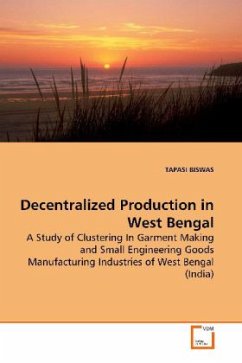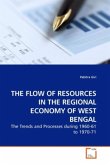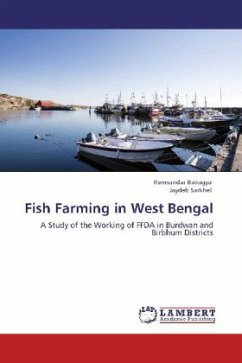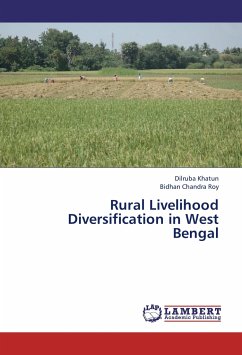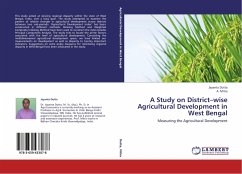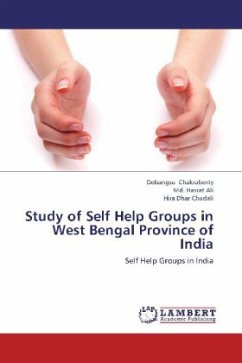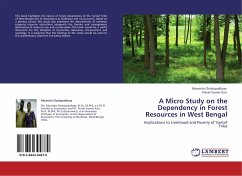West Bengal has a long tradition of successful
small-scale and informally organized enterprises. The
closure of many public-sector units and consequent
fall in organized sector employment necessitates the
emergence of informal sector as the potential of
employment generating sector in West Bengal.
This book studies garment making and small
engineering goods manufacturing informal industries
of West Bengal. There is a big market potential of
these industries. Moreover they are providing
employment to a large number of people living within
the geographical boundary of the clusters in which
they are situated. The Liberalisation Policy of 1990
necessitated the industries to garner competitive
strength in order to sustain them and to provide
employment in a sustainable way.
Drawing important lessons from
decentralized production in West Bengal, this book
will be essential for scholars in the field of
decentralized production, policy makers as well
students of Economics.
small-scale and informally organized enterprises. The
closure of many public-sector units and consequent
fall in organized sector employment necessitates the
emergence of informal sector as the potential of
employment generating sector in West Bengal.
This book studies garment making and small
engineering goods manufacturing informal industries
of West Bengal. There is a big market potential of
these industries. Moreover they are providing
employment to a large number of people living within
the geographical boundary of the clusters in which
they are situated. The Liberalisation Policy of 1990
necessitated the industries to garner competitive
strength in order to sustain them and to provide
employment in a sustainable way.
Drawing important lessons from
decentralized production in West Bengal, this book
will be essential for scholars in the field of
decentralized production, policy makers as well
students of Economics.

